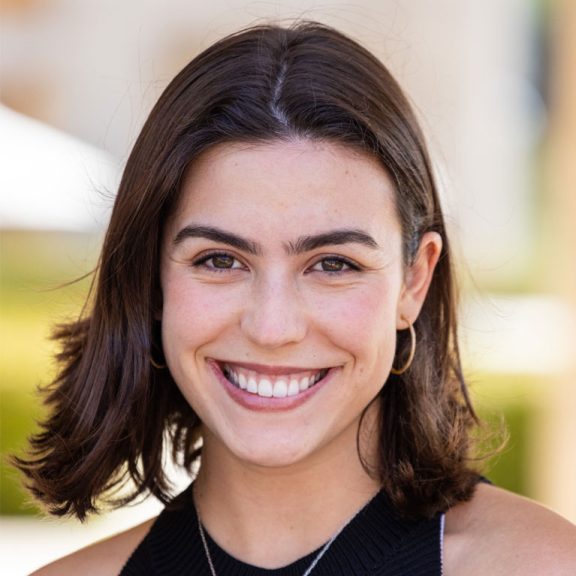Principal Investigator
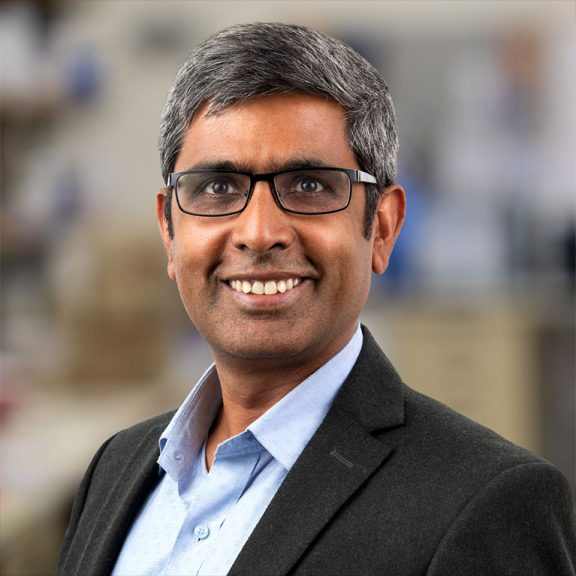
Satchin Panda
Satchin Panda, a professor in the Regulatory Biology Laboratory, is interested in understanding the molecular mechanism of the biological clock in a mouse model system. The biological clock or circadian oscillator in most organisms coordinates behavior and physiology with the natural light-dark cycle. His laboratory uses genetic, genomics and biochemical approaches to identify genes under circadian regulation in different organs and to understand the mechanism of such regulation. His lab also tries to characterize the mechanism by which the circadian oscillator is synchronized to the natural light-dark condition. Both classical rod/cone photoreceptors and a newly identified ocular photopigment melanopsin participate in photoentrainment of the clock. Research in his lab is geared towards identifying molecular components and events critical for transmitting light information from the eye to the master oscillator in the brain.
Research Administrative Support
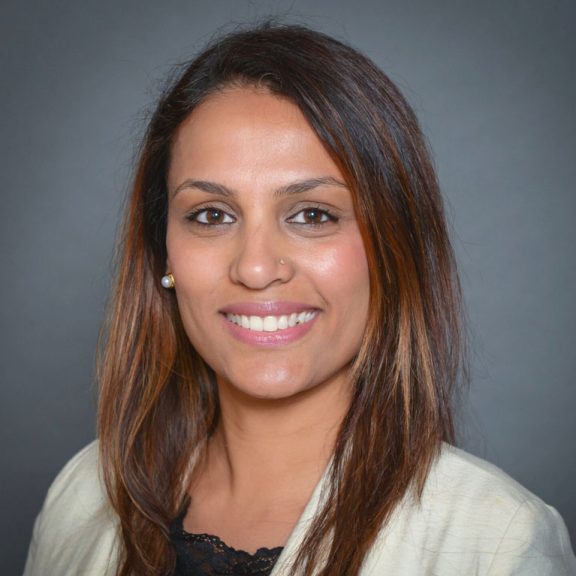
Roopal Rawani
I am a friendly team player who joined Salk in November 2019. As a graduate from CUNY college in Finance, I bring forth high quality management, organizational skills and have a self-motivated drive to achieve excellence. Since graduation, I have had a chance to work in many diverse fields, working at – anywhere from a small marketing company to the non-profit to the major university – I have done it all. I have found Salk to be the place where my contributions will be most valuable – I am an administrator for four labs. I am excited to be a part of the institution that has made major discoveries and continues to do so. When not at work, I love spending time outdoors – strolling around farmers markets (they have the best samples! and a spicy mango drink!), Padres games, hiking, long drives (everything is far in CA – says a native New Yorker) and exploring new coffee shops with my family.
Postdoctoral Fellow
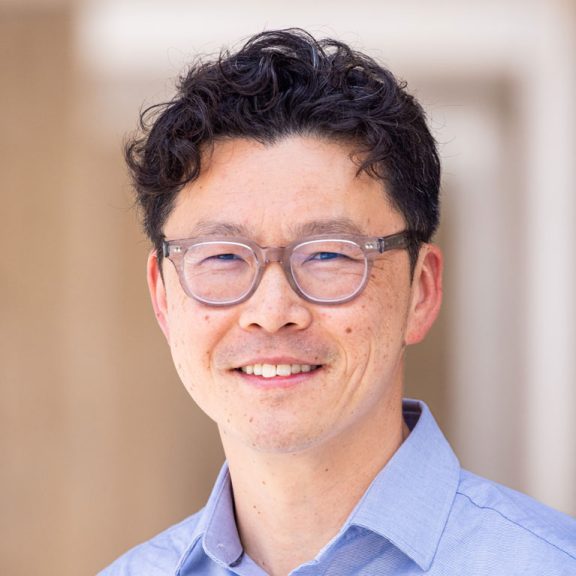
Michael Lam
I am awe-struck by how many chronic diseases are intimately related to daily behaviors. I joined this lab because Dr. Panda et al. use state-of-the-art experimental techniques and interesting perspectives to examine how physiology adapts to simple behavioral changes (for better or for worse). I did my MD/PhD training at UC San Diego, focusing on the mechanism of transcriptional regulation on inflammatory responses. Clinically, I specialize in Internal Medicine with subspecialty training in Pulmonary and Critical Care Medicine. I take care of many patients in the ICU with sepsis. My goal is to understand how sleep disruption (almost a ubiquitous experience for ICU patients) affects immune response. I enjoy the multidisciplinary environment in the lab, allowing me to integrate perspectives from circadian biology, molecular biology, and behavioral physiology with my scientific passion.
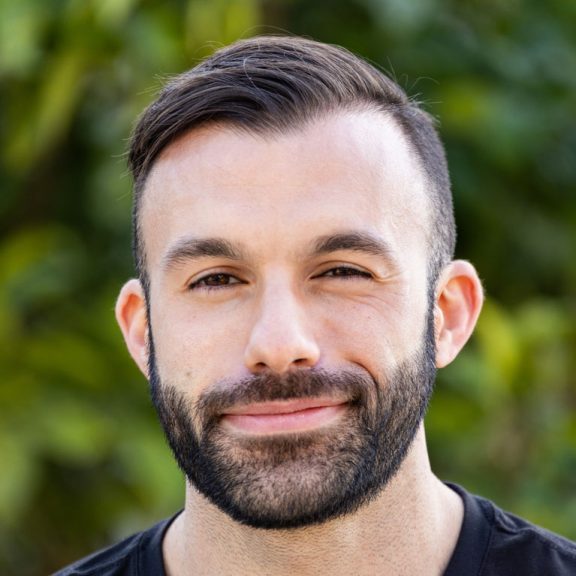
Jordan Levy
I received my PhD in Nutritional Sciences from Rutgers University, where I studied nutrient-sensing pathways and their roles in regulating physiological processes such as heat production and circadian rhythms. As a postdoctoral fellow in the Panda Lab, I am conducting clinical research to gain mechanistic insights into how time-restricted eating can be leveraged to support health, longevity, and performance in humans. Outside the lab, I stay active through outdoor activities and strength training, which keep me balanced and inspired.
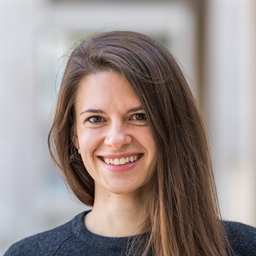
Geraldine Maier
I joined the Panda lab at the end of 2020. Here I am part of the Wu Tsai Human Performance Alliance, studying the role of the circadian clock in performance, injury prevention, and recovery. My interest in this topic started during my PhD in Biomedical Research at the Biozentrum, University of Basel, Switzerland, where I studied the interaction between the skeletal muscle, the circadian clock, and exercise.
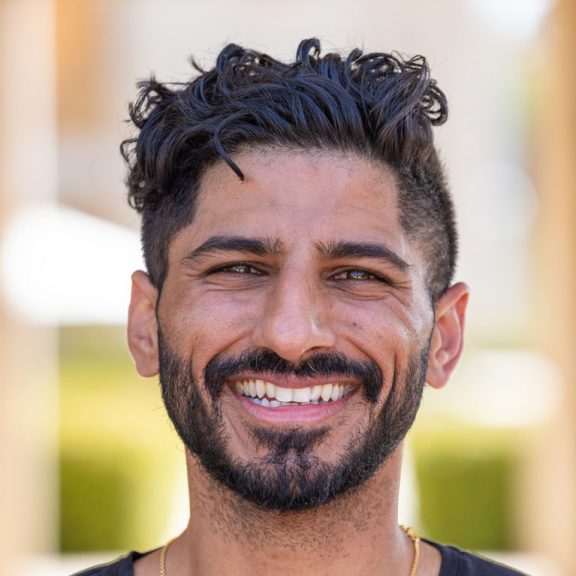
Suraj Pathak
I received my PhD in Molecular Physiology from UC Davis in June of 2023. Here, my research focused on understanding how diet effects skeletal muscle metabolism and cognitive function. I joined Dr. Panda’s lab as a postdoctoral researcher in September 2023 and am part of the Wu-Tsai Human Performance Alliance. Currently, my research focuses on delineating the role of timing and content of nutrition on skeletal health, metabolism, and performance. Outside the lab, I enjoy exercising, spending time loved ones, and binge watching tv shows while slowly becoming one with the couch.
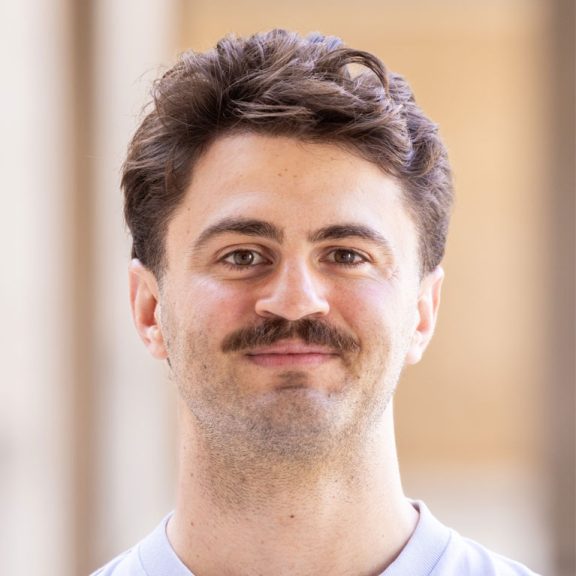
Adam Rochussen
I joined the Panda lab at the start of 2025 as a postdoc. I did my PhD at University of Cambridge in the lab of Gillian Griffiths, where I studied the cell biology of cytotoxic T lymphocytes. Broadly, I care about how behavioural interventions can impact the immune system. Here, I’m interested in how the molecular clocks of T cells are regulated, and how circadian synchronicity in immune cells affects their function, particularly in the context of cancer and immunotherapy. Outside of the lab, I am somewhat of a coffee connoisseur, I do a lot of physical fitness and sports, and I enjoy reading and writing things.
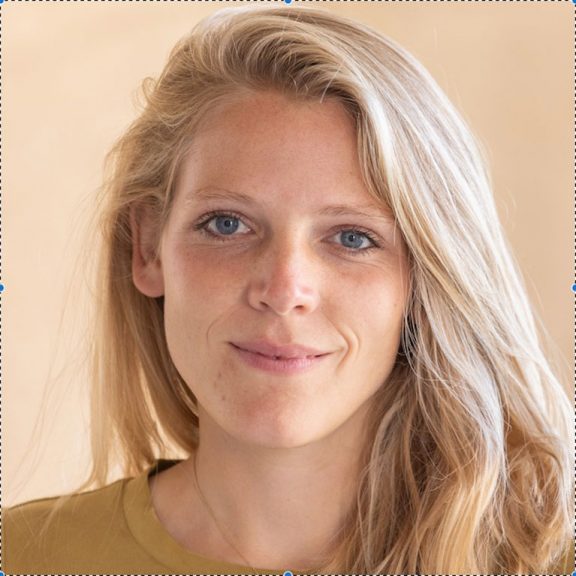
Laura Van Rosmalen
I received my PhD in Neuroscience in September 2021 from the University of Groningen, the Netherlands. My research focused on photoperiodism and seasonality. I joined the Panda lab as a postdoctoral fellow in October 2021, to study the underlying mechanisms driving the timing of daily activity (i.e., diurnality or nocturnality) related to energy balance. When I’m not in the lab, I go hiking, camping or play cello.
Staff Researcher / Scientist
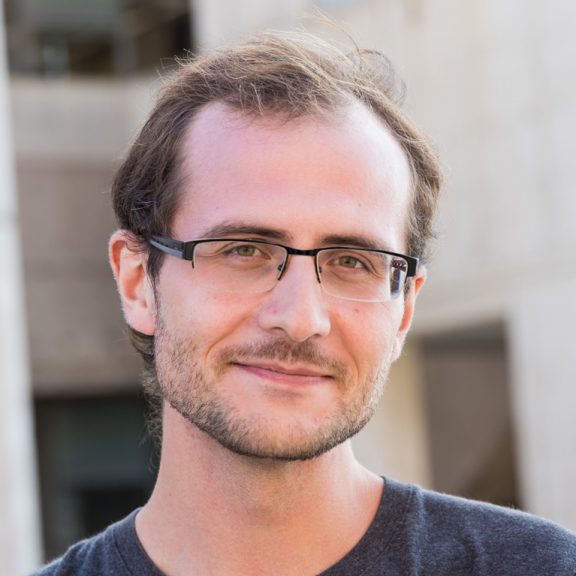
Hugo Calligaro
I received my PhD in Neurosciences from the University of Lyon in 2018. I joined Dr Panda’s team to study the opsins involved in the regulation of the circadian system by using a combination of approaches including histology, electrophysiology and sequencing.

Shaunak Deota
I received my PhD in Biochemistry in early 2019 from Tata Institute of Fundamental Research in Mumbai, India. I joined the Panda lab to study the molecular physiology of Time restricted feeding (TRF). Outside the lab, I love traveling, cooking and watching science fiction series/movies.
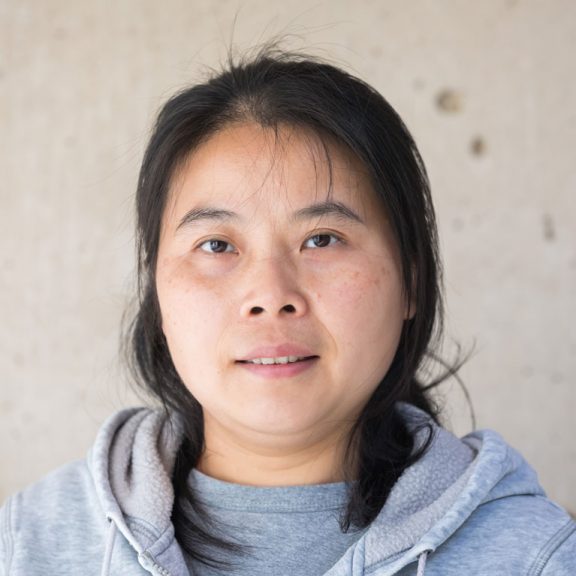
Hong Long
Like research, I believe that little fruit flies can teach us so many things about human brain.
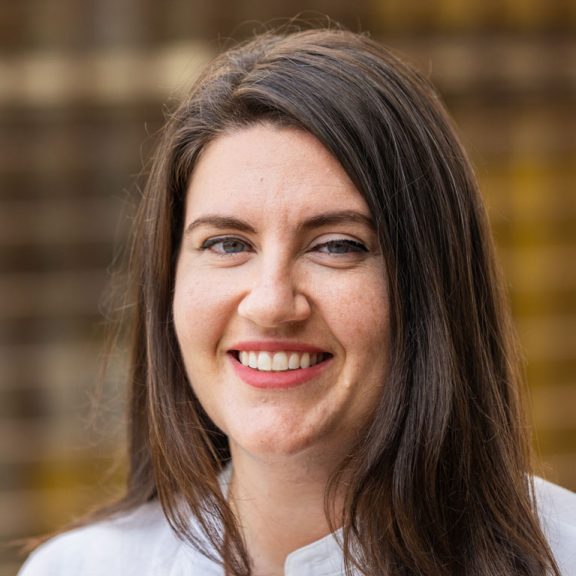
Emily Manoogian
I joined the lab as a postdoc in 2016 and advanced to staff scientist and the head of human research in Dr. Satchin Panda’s lab in 2021. I also run independent clinical trials as PI. I study the intricate interaction between our body’s biological rhythms and the timing of our daily habits, including when and how much we sleep, eat, and exercise. I also manage the development, deployment, and use of novel mHealth tools and wearable devices to monitor and intervene in lifestyle, both on a large scale open to the public and in focused clinical trials. My research focuses on how lifestyle interventions, such as time-restricted eating (independently or in combination with drug therapy), can improve health outcomes for shift workers and a variety of age-related diseases, including pre-diabetes, diabetes, cardiovascular disease, cancer, mental health, and cognitive decline.
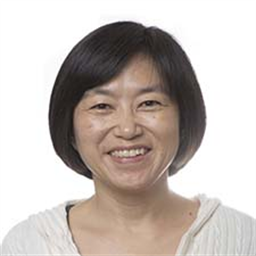
Xiaoyan Zhu
I joined the Panda lab about 3 years ago. I am interested in understanding the molecular mechanisms underlying intricate interactions between circadian rhythm and other pathways in metabolism and cancer in cell and tissue-specific manner. In my spare time, I enjoy reading and watching movies.
Staff
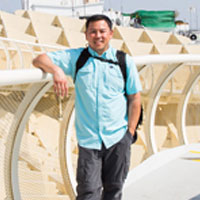
Hiep Le
I joined Dr. Panda’s lab in 2005 as a research assistant. Since then I’ve worked with Xenopus laevis, Drosophila melanogaster and Mus musculus to help elucidate how the circadian clock works and what it affects. When I’m not in the lab, I’m usually taking photos or eating, or combining both and taking photos of the food I eat.
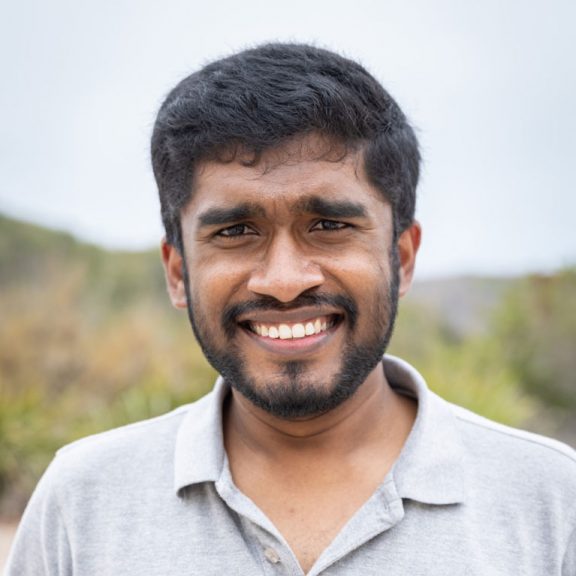
Ramesh Ramasamy
I joined Dr. Panda’s lab in early 2021 as a data scientist. I am mainly involved in integrating multi-omics data to understand regulatory elements controlling gene expression in mammals. Apart from research, I enjoy stargazing, outdoor biking, and eating what I cook.
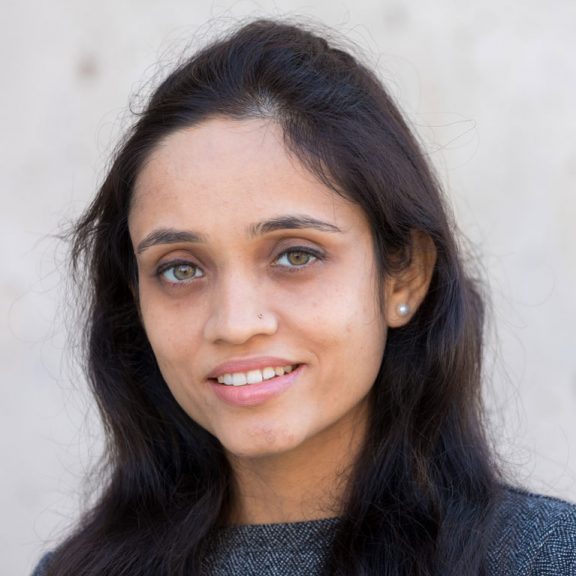
Shweta Varshney
I joined Dr. Panda’s lab in 2020. I assist in learning circadian rhythm and factors influencing it using fruit fly as animal model. Outside the lab I love to spend time with my family and trying & learning new things.
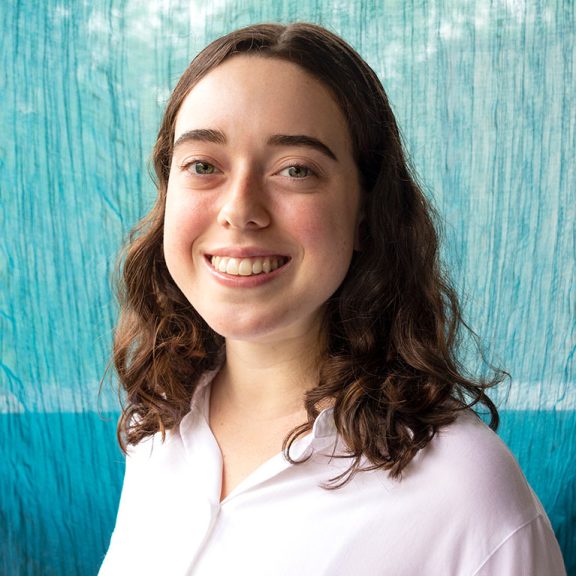
Kyla Laing
I joined the Panda Lab as a volunteer during my second year of undergrad at UCSD and now working full-time since graduating in 2022. I support our ongoing clinical trials focused on time-restricted eating as a lifestyle intervention to improve health. I aspire to attend medical school in the future and hope to apply the principles I am learning during my time here as a future physician. In my free time, I enjoy cooking, reading, weightlifting, and yoga.
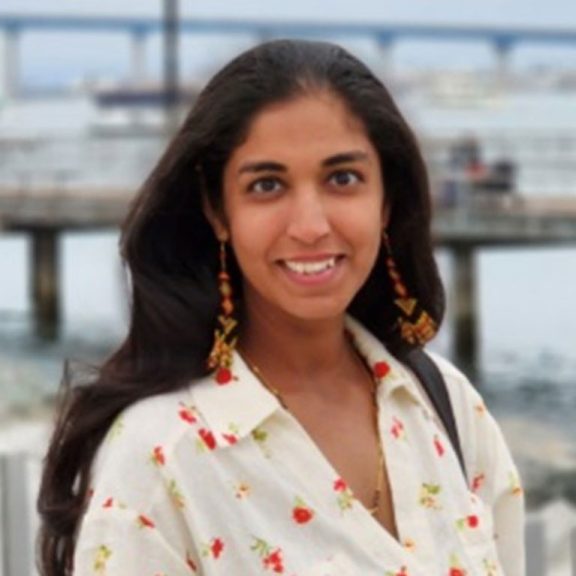
Krushali Powale
I joined the Panda lab at Salk in January 2023 after a brief work experience at the pharmaceutical industry in India. In the Panda lab, I support projects related to screening of natural products and chemical entities. I am interested in finding molecules that may target the key components participating in the circadian rhythm using in-vitro cell line-based assays. In my free time I like to draw or sketch or make craft items. I enjoy cooking, I love ice cream and I always say yes to a cup of tea!
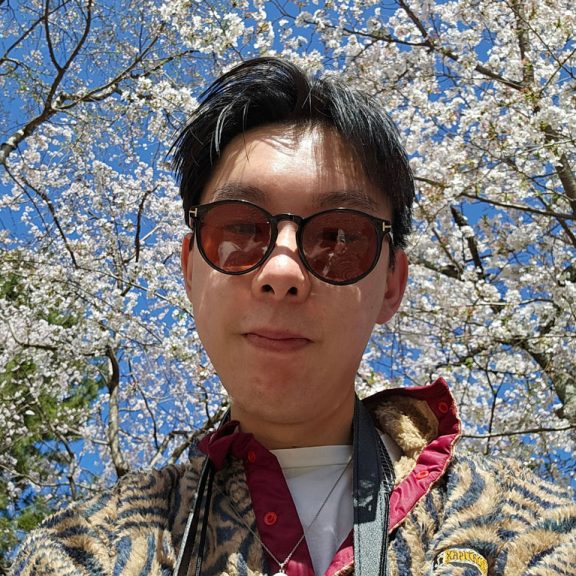
Tyler Tran
I joined the Panda Lab in the summer of 2022 while I was an undergraduate at the University of California, San Diego. Now my work is mainly focused on data analysis, where I am specifically interested in discovering how time-restricted eating can be of benefit to the wider population and in finding how time plays a role in health. When I’m not working with data, you’ll find me learning photography, playing tennis, enjoying a cup of matcha, or at random concerts throughout the LA and SD areas.
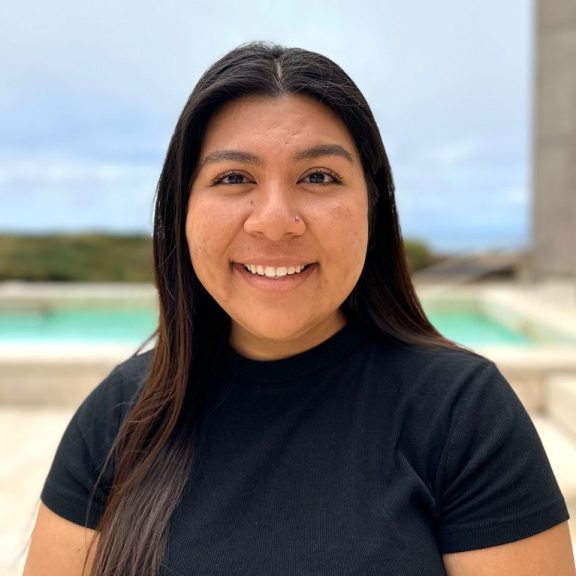
Kelsey Fierro
I joined the lab at the end of 2022, a year after receiving my BS in Chemistry from UC Irvine. I am intrigued by the body’s resilience and how daily practices can have significant contributions on overall health. It also motivates me to know that the work we do in the lab can empower people to take ownership of their health on a day-to-day basis. Outside of the lab I like to watch movies, go to coffee shops, and bike.
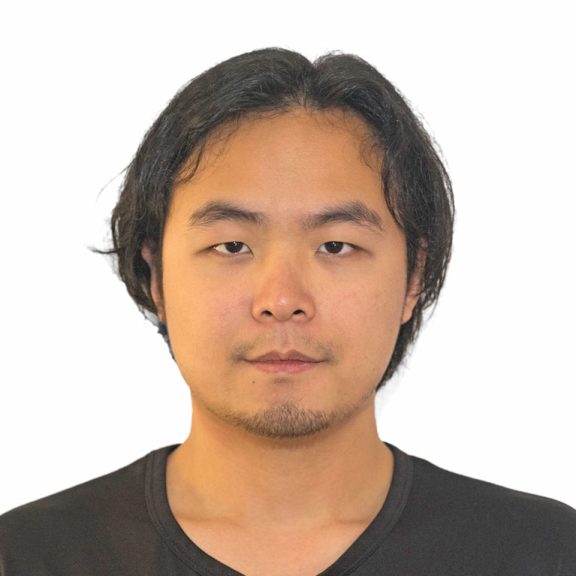
Ian Li
I joined the Panda lab as a BS/MS student in early 2022. I am interested in the role of sleep disruption in the immune response to infectious diseases and sepsis. I also work as a research assistant to help others with their projects. I enjoy photography, gaming, hiking, and fishing in my free time.
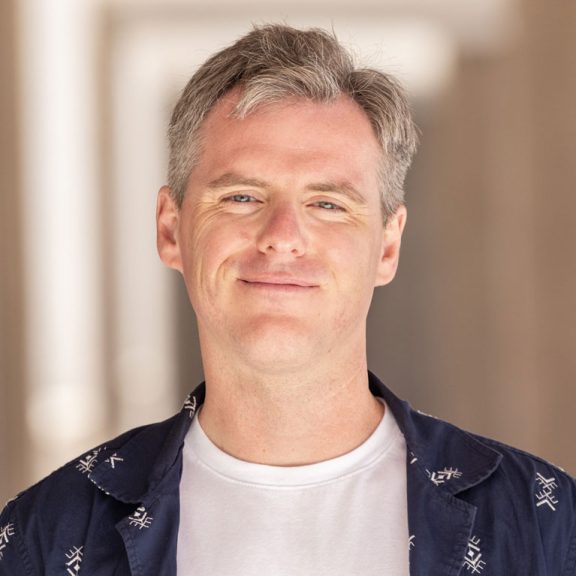
Vince Rothenberg
I joined the Panda Lab in 2022 and earned my MS in Computer Science from UC San Diego in 2024. My focus is in AI and bioinformatics, where I apply machine learning methods to study how the circadian clock influences metabolism, immunity, and human performance. My work spans full stack development of interactive visualizations to analyzing multi-omics datasets such as snRNA-seq, spatial transcriptomics, and large microscopy volumes.
Graduate Student
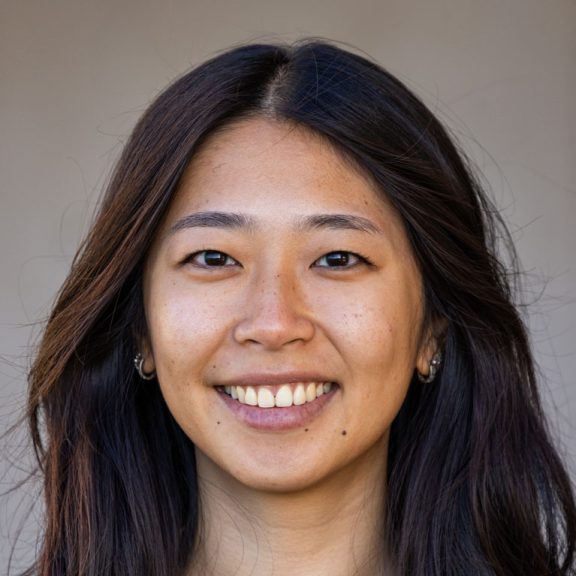
Tiffany Chin
I joined the Panda lab in 2024 as a Biological Sciences PhD student. I am interested in uncovering the mechanisms by which exercise and time-restricted eating modulate biological processes in the brain. Outside the lab, you can find me at the beach, a concert, or at home with my two cats!
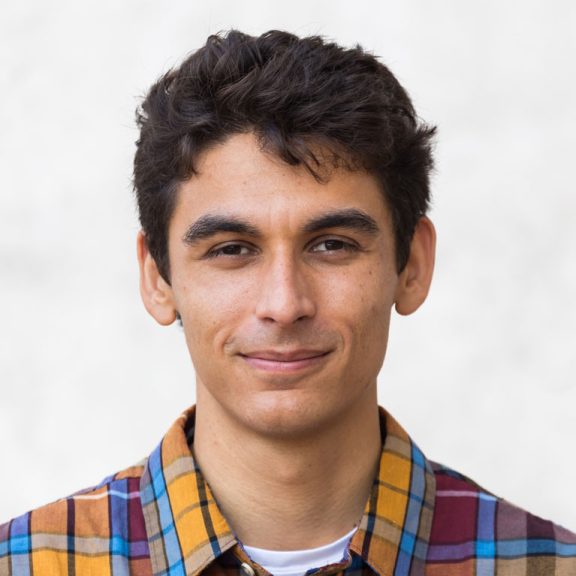
Aidan Glina
I joined the Panda lab in 2022 as a bioinformatics & systems biology PhD student. I am interested in leveraging the large and diverse data generated in the Panda lab to study phenomena that emerge from complex systems that are more than just a sum of its parts — such as how exercise, aging, and time interact. Along with the boolean lab at UCSD, I am working on creating new analysis techniques that work to take into account the whole picture of biological systems through time. When I’m not on my computer, I like to spend my time in the ocean or playing games with my friends.
Undergraduate Student
